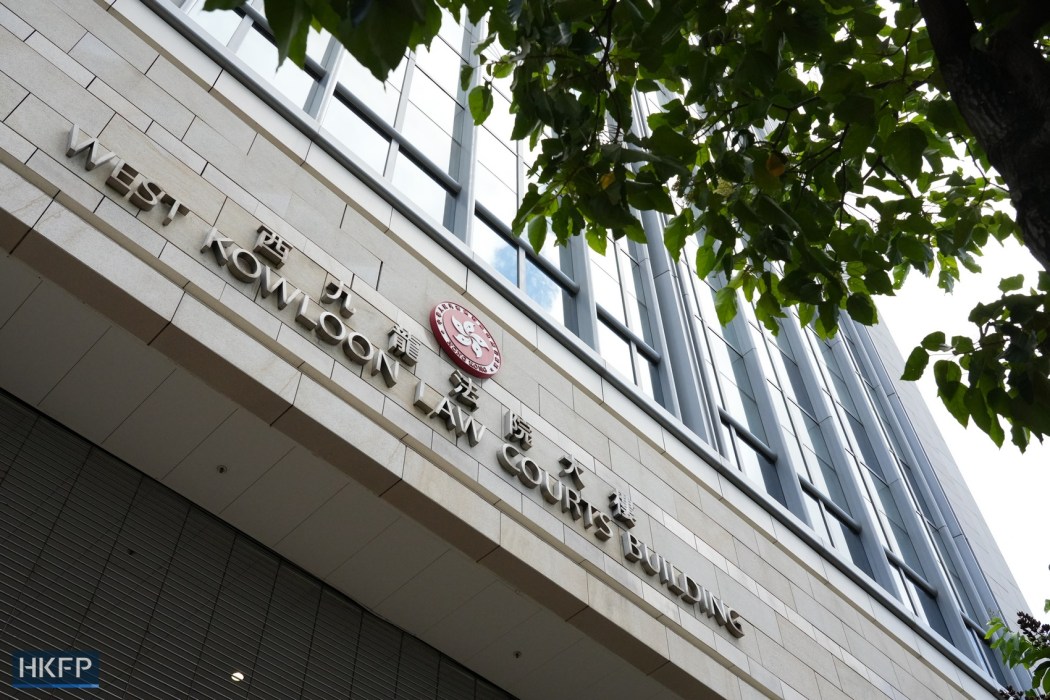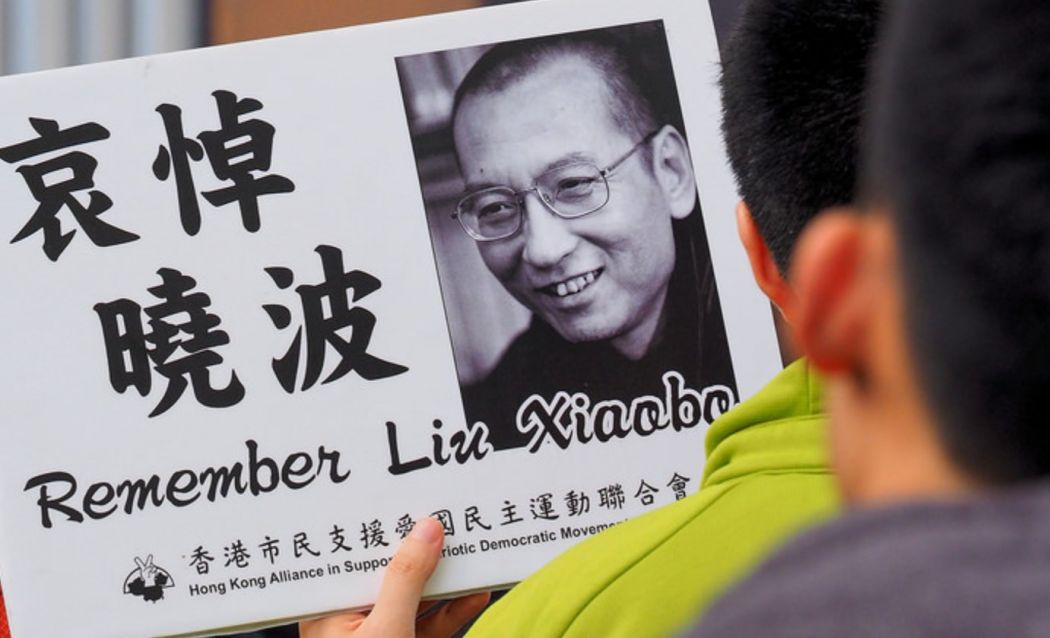A Hong Kong court has been asked to determine if three former members of the defunct group which commemorated the 1989 Tiananmen crackdown can challenge the legality of a national security data probe.
Former vice-chairperson of the Hong Kong Alliance in Support of Patriotic Democratic Movements of China Chow Hang-tung, and former standing committee members Tang Ngok-Kwan and Tsui Hon-kwong appeared at the West Kowloon Magistrates’ Courts on Wednesday in front of Principal Magistrate Peter Law.

The trio were accused of “failing to comply with [a] notice to provide information” from the national security police. Two other defendants in the case, Simon Leung and Chan To-wai, previously pleaded guilty to the charge and were sentenced to three months in prison.
The Alliance used to organise mass vigil in Causeway Bay’s Victoria Park to remember the 1989 Beijing crackdown, during which hundreds – perhaps thousands – of protesters were killed by China’s military.
Under Schedule 5 of the implementation rule of the national security law, the Commissioner of Police has the power to serve a notice to a foreign agent – with the approval of the secretary for security – requiring the organisation to provide information including sources of income, activities, and personal particulars.
Law, one of the city’s handpicked national security judges, was asked to make a determination on two preliminary issues on the first day of the trial: whether it was open for the defence to challenge the legality of the notice, and whether the prosecution had to prove that the subject of the notice was a foreign agent.
The prosecution, led by Acting Deputy Director of Public Prosecutions (Special Duties) Anthony Chau, argued that it was not for the defence to argue the legality of the notice, and that it was not an element of the offence.
Chau said that, if the prosecution was required to prove that the organisation receiving the notice was in fact a foreign agent, it would “totally defeat the purpose of the prevention and safeguarding [of] national security.”

“That… will seriously hinder the police investigation, because, at the very early stage of the investigation, it is unrealistic to ask the police to be satisfied that the foreign agent received rewards form the foreign political organisation – that will seriously defeat the overarching objective of the national security law,” said Chau.
The prosecutor also said that it would be very difficult for the police to identify foreign agents, as there was no “licensing regime which allow the police to say for sure whether the organisation was a foreign agent or not.”
Chau said that, if the police had evidence to prove that the organisation was indeed an agent that received funding for a foreign organisation pursuing a political agenda, the organisation would have already breached laws banning collusion with foreign powers.
Duty not to prevent circumvention
Tang’s barrister, Esmond Wong, argued in the afternoon that the prosecution had to prove the Alliance was a foreign agent, and that the defence could challenge the legality of the notice.
Wong said that national security law stipulated that the notice to require information had to be served against foreign agents, and “therefore only foreign agents can committee the offence” of failing to comply with the notice.
Whether the notice was served upon a foreign agent was also a matter central to the offence, Wong argued, and the police compliance with the requirement “shall not be presumed without proving that the Alliance was in fact a foreign agent.”

The notice also constituted interference with the basic right to privacy, as the recipient would be asked to provide information, said Wong. Under the principle of legality, such interference was only authorised with the requirement that the notice was served to “the statutorily unmistakable class of foreign agents.”
The barrister also argued that the court should interpret the language used in the relevant schedule “narrowly.”
Schedules 1 and 7 of the implementation rule of the national security law allow law enforcement agencies to apply for search warrants and production orders targeting anyone or any places believed to, contain evidence of an offence endangering national security. However, the language of Schedule 5, which the case concerned, targeted a specific group of people, Wong said.
The barrister said that the schedule targeted organisations or a person “who is” a foreign agent, not those “suspected” to be a foreign agents.

If the prosecution’s interpretation of Schedule 5 was true, it would mean that any person or organisation who was not a foreign agent can – and will – be liable of the offence, said Wong, as the Commissioner of the Police can serve the notice to anybody.
Wong concluded in saying that the police could have used other measures with a lower threshold to ask the Alliance to produce information they needed, and rejected Chau’s argument that the defence’s interpretation would defeat the purpose of the security legislation.
“The consequences of the prosecution’s construction, not only evades the legislative intent of Schedule 5, but more importantly, circumvents the judicial safeguards as provided by other schedules…” said Wong.
“Therefore, the court, when construing Schedule 5, has the duty to not facilitate such circumvention.”
Tsui’s representative, senior counsel Philip Dykes, and Chow, who represented herself in court, will make their submission on Thursday.
Nobel-prize winner tribute
Chow wore an all-black suit to court on Wednesday. The former vice-chairperson shouted “today is the anniversary of the death of Xiaobo – please remember,” referring to the late Nobel Peace Prize winner and Chinese dissident Liu Xiaobo.

The Alliance disbanded last year following a members’ vote. Chow was remanded in custody last September, and has since been sentenced to prison over charges linked to the last two vigils – both of which were banned by the authorities.
Support HKFP | Policies & Ethics | Error/typo? | Contact Us | Newsletter | Transparency & Annual Report | Apps
Help safeguard press freedom & keep HKFP free for all readers by supporting our team
























